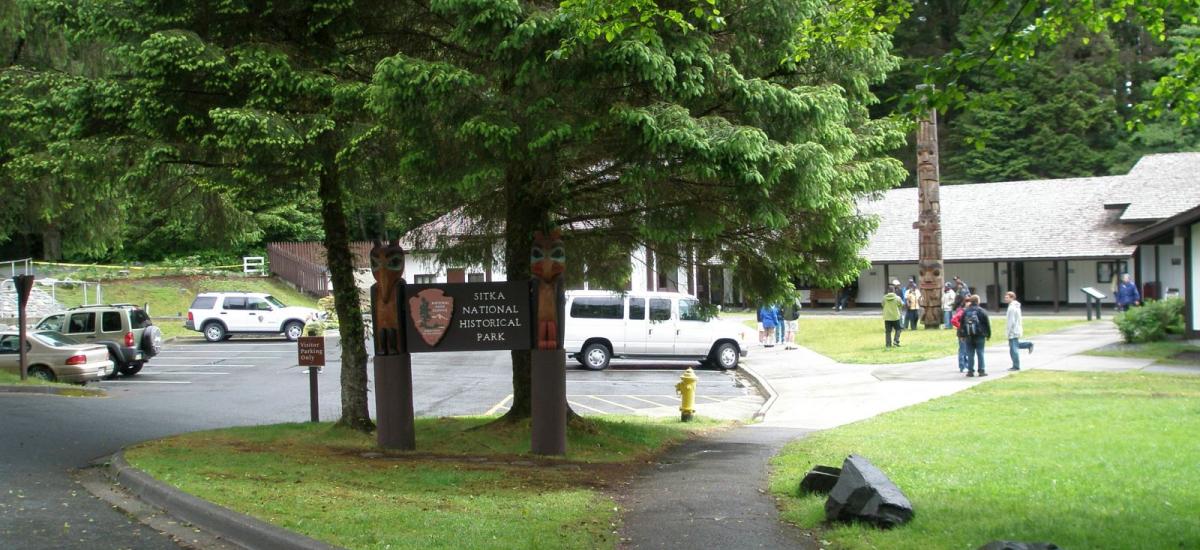
Overview
Explore a holistic stewardship approach to an integrated management strategy for cultural and natural resources on public and private lands. These resources often are analyzed and planned for independently, leading to isolated approaches. Through case studies, discuss and evaluate long-term planning and decisionmaking processes that combine legal and management frameworks to better conserve and preserve the core values of these resources.
Faculty
Claudia Nissley, president, C. Nissley Environmental Consultants; a nationally recognized expert in cultural heritage laws and practices; author, educator, and consultant; former executive manager with the Advisory Council on Historic Preservation and governor-appointed Wyoming State Historic Preservation Officer
Evaluation Comments
“Discussions and brain storming were worthwhile exercises. Allowed me to think outside of the box and to develop different approaches when considering or developing management plans.”
“Good discussion of concepts and issues in a structured forum.”
“There was a lot of interaction, participation, and discussion.”
“Good examples of where NEPA fulfilled Section 106 (cultural resource requirements).”
“Provided thoughtful ideas for future projects and informing management plans.”
“Some of the topics that were discussed and brought in as examples I had heard about, but now I think I know some of the ways of getting around.”
“Exposure to the material was very helpful, especially the laws beyond NEPA and NHPA.”
Participants
Natural and cultural resource management coordinators, planners, and managers working for federal, state, and local government, nonprofit, and private land-managing agencies and organizations.
Related Trainings
Cultural Landscapes: An Introduction
Cultural Landscapes: Advanced Tools for Managing Change
Cultural Landscapes: An Overview
NEPA Compliance and Cultural Resources
NEPA, Section 106, and Section 4(f) Coordination for Transportation Projects
Section 4(f) Compliance for Historic Properties
Section 106: An Introduction
Section 106: The Basics for Planners, Project Managers, and Developers
Section 106: A Review for Experienced Practitioners
Section 106: Resource Identification
Section 106: The Meaning of Effects
Section 106: Effective Participation and Response Strategies
Section 106: Agreement Documents
Locations and Dates
- Austin, TX
April 18-19, 2024
offered in conjunction with
Section 106: Agreement Documents
in cooperation with
the Texas Historical Commission and
the Texas Parks and Wildlife Department
Cost
$700 2 days / in-person seminar registration
$300 2 days / in-person seminar registration for full-time student; identification must be submitted at time of pre-registration
NPI scholarship application
Discounted rates are available for multiple seminars taken during the same week.
$1,100 4 days / in-person seminar registration
$400 4 days / in-person seminar registration for full-time student; identification must be submitted at time of pre-registration
Registration
Pre-registration is required for all in-person seminars and is recommended at least 8-12 weeks prior to in-person seminars to avoid cancellations due to low enrollment. No payment information is required to pre-register.
For in-person seminars, either pre-register OR submit a scholarship application.
Registration will open to pre-registered participants at least 8 weeks prior to the seminar. NPI will email a link to the registration page and pre-registered places will be held until one month prior to the seminar. Payment information OR scholarship acceptance is required to register.
Seminar access is limited to the participant registered and enrolled in the seminar.
Cancellations must be received 4 weeks prior to the seminar; registrations are refundable less any fees charged to NPI. A rescheduling fee may be applied to later, non-refundable cancellations. Participants receive a full refund if the seminar is cancelled by NPI. NPI reserves the right to substitute an instructor if necessary and will notify participants whenever possible.
How to register once you have received the registration link:
• Create/access a participant account at https://training.npi.org
• Secure a place with one of the following payment options:
• Credit/debit card or PayPal payment [using PayPal credit card processing] from participant account [https://training.npi.org]
• Credit/debit card [contact NPI to use an alternative credit card processor]
• Training voucher/purchase order [email to info@npi.org]
• Check payable to "National Preservation Institute" [mail to NPI, P.O. Box 1702, Alexandria, VA 22313]
• ACH transfer [contact NPI for details]
Seminar Location, Hours, and Hotels
Information on seminar location, hours, and conveniently located hotels is available online to registered participants. Seminars generally are held from 9 a.m. to 5 p.m.
Certificates of Attendance
Certificates of attendance are available online upon completion of training. Instructions for receiving certificates are included in the NPI Welcome Letter, available to participants once they are registered online. A certificate for a one-day seminar provides 6 training hours, a two-day seminar provides 12 training hours, and a three-day seminar provides 18 training hours.
Customized Training
NPI offers customized training to meet specific organizational needs at a location and time convenient for the sponsor. In-person seminars, online, on-demand courses, and/or webinars may be based on current NPI offerings or new preservation-related training may be developed.
Questions?
Contact NPI at 703.765.0100 or info@npi.org.
